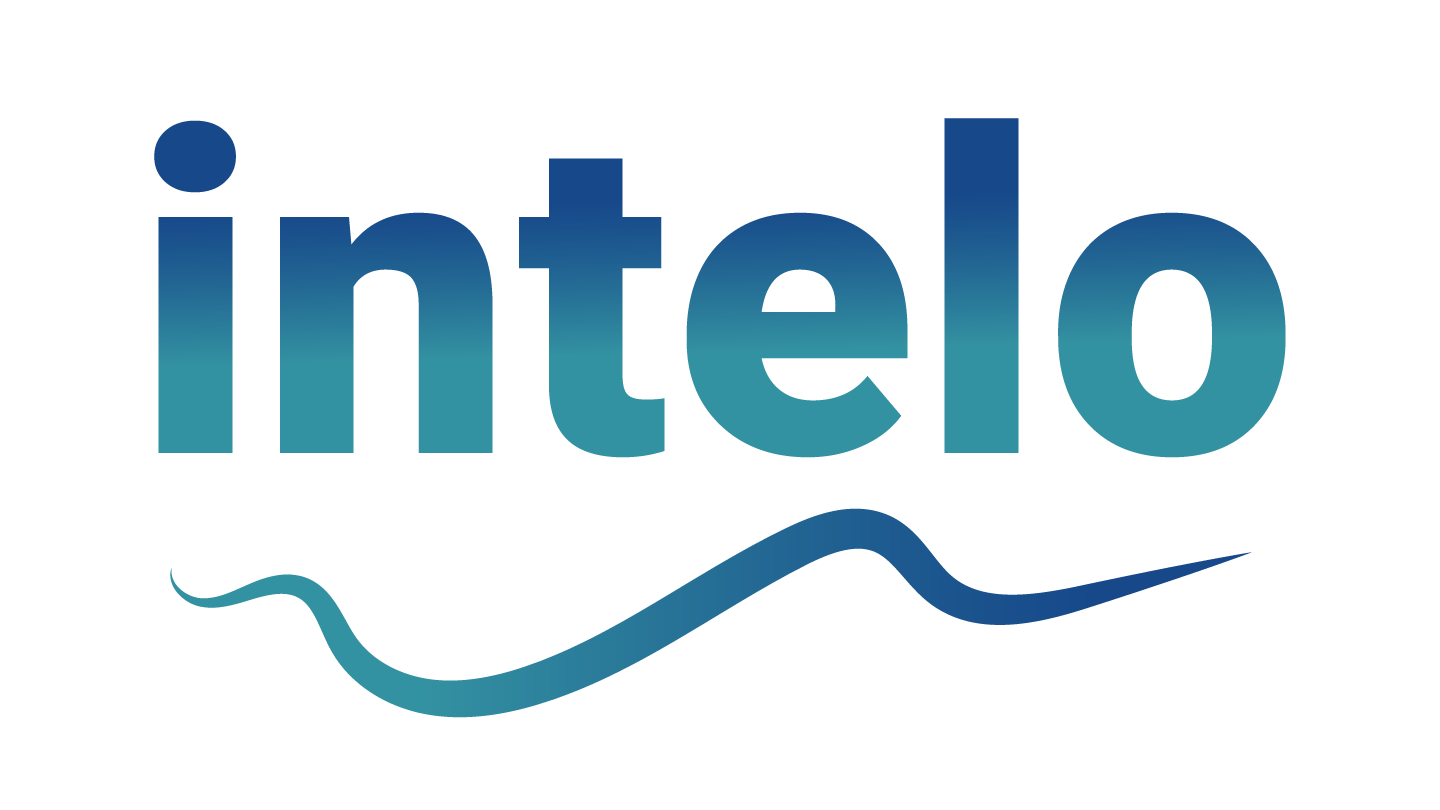OUR TRAINING PHILOSOPHY
__________
Intelo Training Philosophy
At Intelo Training Solutions, we believe adults learn best through experiential learning, increasing self-awareness, and growing confidence through doing. The experiential learning cycle includes thinking, acting, experiencing, and reflecting (Kolb D. A., 2015). This approach not only fosters a deeper understanding of any subject but is particularly effective for complex topics such as intelligence training and structured analytical techniques. It’s the key to continuous learning and personal growth. Thinking and experiencing encourage autonomy in learning and empowers and motivates adult learners to take control of their own learning outcomes, while acting and reflecting builds their self-awareness.
For this to occur, we strive to build and foster an environment of psychological safety (Edmonson, 1999) in the classroom, where participants feel safe to take interpersonal risk and be vulnerable in front of other colleagues. This is critical to enabling an inclusive environment where it is safe to participate, safe to fail and safe to take risks. Environments like this are the best place to conduct leadership training, as the participants are more open to absorbing, experimenting with, and reflecting upon new leadership concepts and strategies without the fear of judgment or failure. This fosters a deeper and more authentic learning experience, ensuring that skills gained are both impactful and lasting.
Our courses and programs are founded in Malcolm Knowles’s theory of Andragogy – The art and science of Adult learning (Knowles, 1984). All our programs have been developed with the professional adult learner at the core of the research, design and delivery phases of our training. As such, each program accounts for the assumptions of Adult Learners and the key principles of this learning style to ensure participants get the best outcomes from the training experience.
- Need to know: Adults need to know the reason for learning something.
- Foundation: Experience (including error) provides the basis for learning activities.
- Self-concept: Adults need to be responsible for their decisions on education; involvement in the planning and evaluation of their instruction.
- Readiness: Adults are most interested in learning subjects having immediate relevance to their work and/or personal lives.
- Orientation: Adult learning is problem-centred rather than content-oriented.
- Motivation: Adults respond better to internal versus external motivators.
As facilitators of adult training, our trainers are skilled in facilitation and coaching methods. They are subject matter experts in the content being delivered, ensuring that courses like intelligence training and structured analytical techniques are addressed with precision and professionalism. Our training material is presented and delivered in multi-modal formats to account for individual learning styles and preferences (Kolb A. Y., 2017).
We strive for participants to leave our training with a solid grounding in the subject material, but more importantly, the curiosity that motivates them to implement these new skills and strategies in the workplace. Be it leadership training or intelligence training, we believe it’s essential for students to leave having developed positive relationships with their peers, fostered through collaboration, a shared sense of achievement, and trust in each other, stemming from having worked within a safe learning environment to achieve something great.
Works cited
Edmonson, A. (1999, June). Psycohological Safety and Learning Behaviour in Work teams. Administrative Science Quarterly, 44(2), 350-383.
Knowles, M. (1984). Andragogy in action. San Francisco: Jossey-Bass.
Kolb, A. Y. (2017). The Experiential Educator. Kaunakakai, HAWAII: EBLS PRESS.
Kolb, D. A. (2015). Experiential Learning. United States of America: Pearson Education, Inc.
